Rsif awards competitive research and innovation grants that complements the PhD training at African universities by supporting research that promotes scientific excellence and use of knowledge for development impact.
Projects

Enhancing food security and climate change adaptation through wild foods plant species promotion in southern Mozambique
Preamble Food and nutritional insecurity are one of main challenges faced by rural people in Mozambique. This challenge is exacerbated by climate change related events…

Exploiting the potential of solar-powered cooler for vaccine and perishable foods storage in remote areas of Sub-Saharan Africa (SSA)
Preamble Vaccines are cost effective method of preventing diseases, improve production activities and limit transmission of diseases. Vaccines are fragile, some of them need low…

Fluoride removal from drinking water using capacitive deionization
Capacitive deionization (CDI) is an emerging desalination technology which has various merits compared to the conventional methods such as reverse osmosis and thermally based ones….
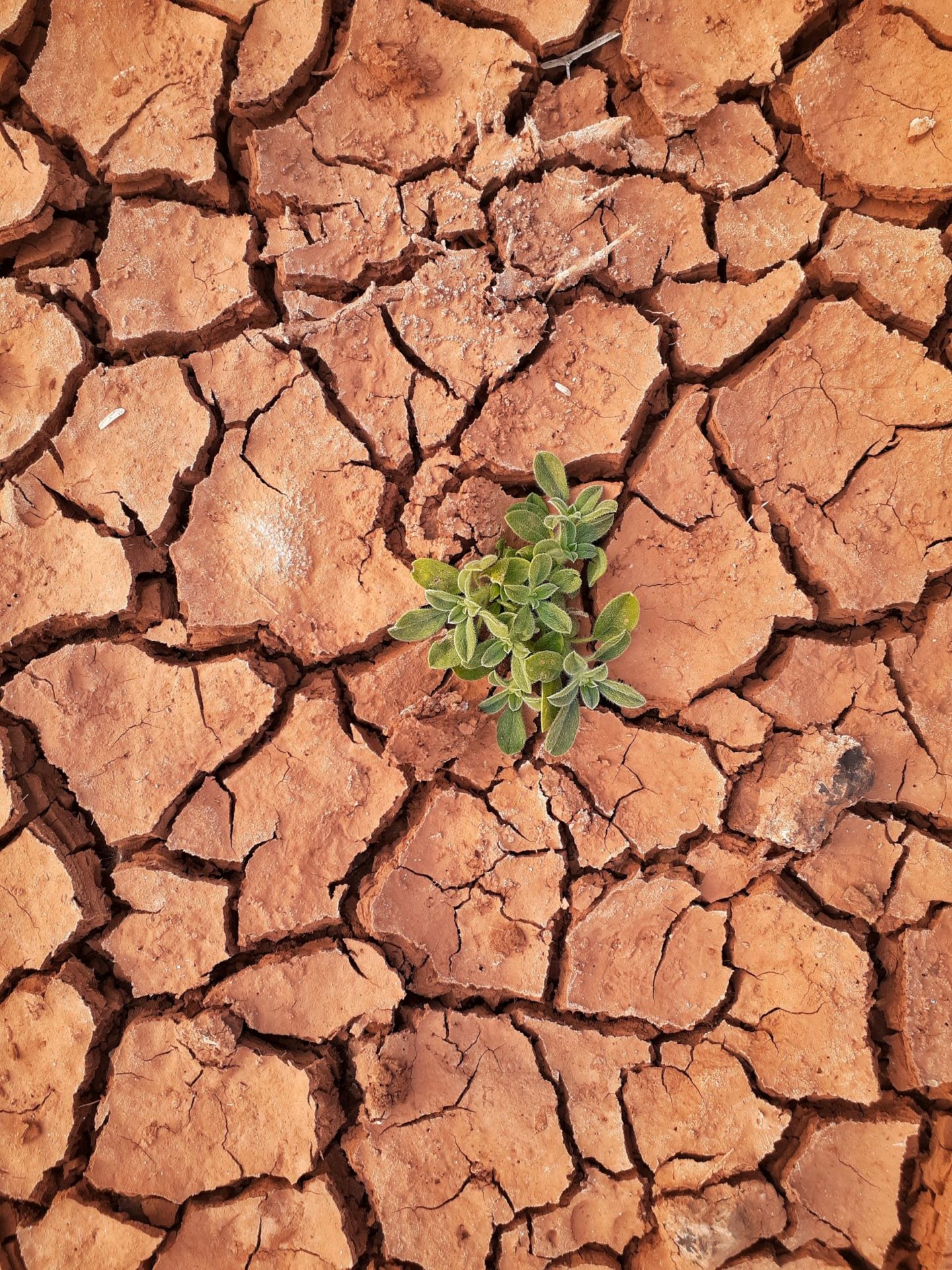
Food security, sustainable agribusiness and resource use efficiency in agriculture based on earth observation system
Preamble: Agricultural sector in Mozambique is experiencing a structural transformation characterized by increase of food sizes and intensified use of commercial agro-chemical inputs. There is…

From Research to Markets: Strengthening the Innovation Capacity of AUSTInspire
The African University of Science and Technology (AUST), with support from the World Bank has an African Centre of Excellence (ACE) in Materials – Pan…

In vitro production of premium forest native species of Mozambique
The premium forest species native to Mozambique have the potential to contribute significantly to the national economy, however, they are extremely exploited for timber production…

Increasing resilience of smallholder farmers to Climate change through adoption of Climate Smart Agriculture practices in Mozambique
Project Overview Our climate is changing, limiting soil fertility conditions, agriculture, and food security has become a critical area of concern. Agricultural production and productivity…
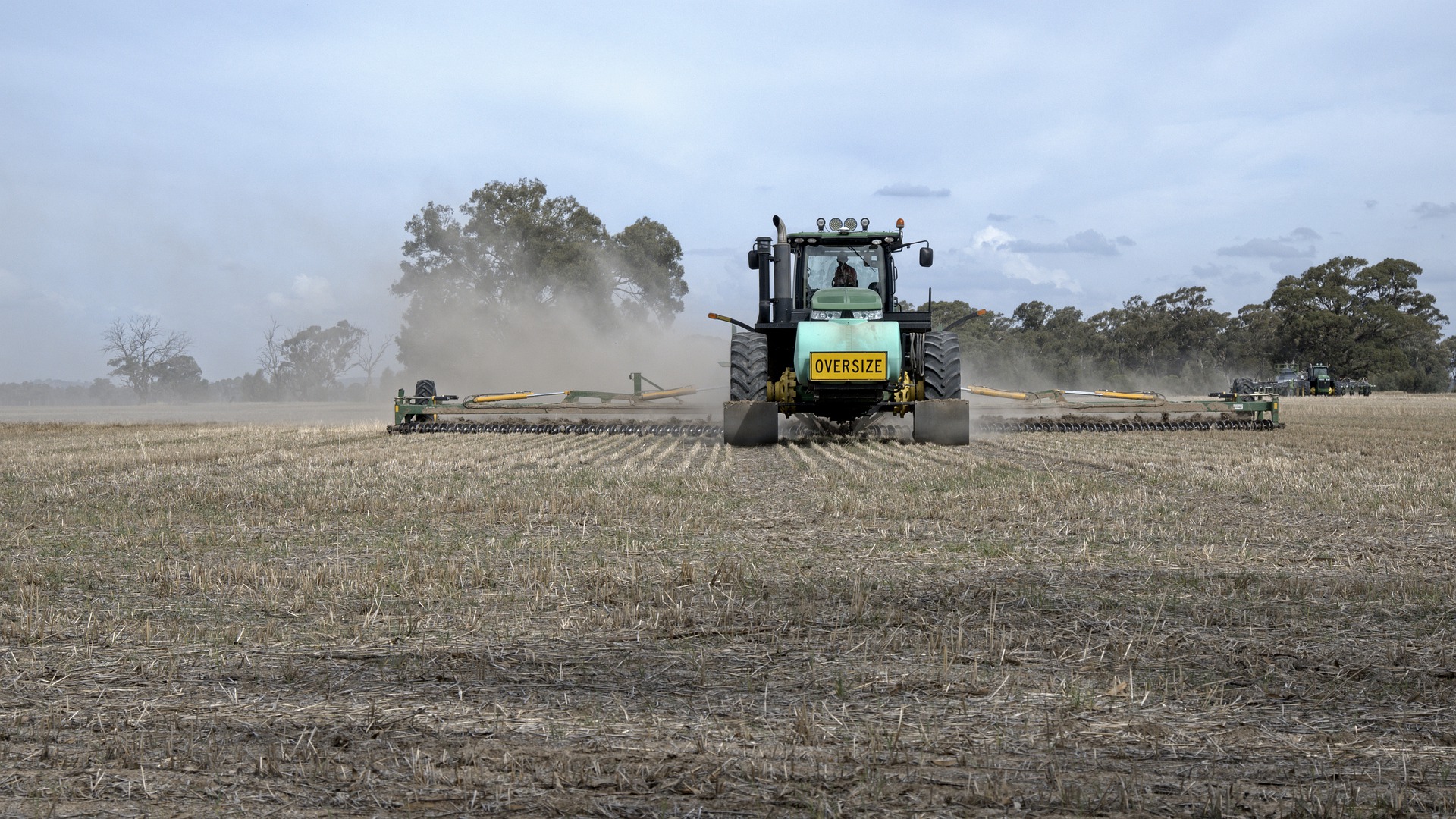
Incubator for the conception and improvement of agrarian sector prototypes into marketable products
Background The project aims to create an incubator at the Eduardo Mondlane University (UEM), School of Rural Development (ESUDER), Inhambane province. A cooperation network will…

Infectious Diseases Outbreak Prediction using Geolocation Data with Machine Learning
Preamble Although the recent COVID-19 pandemic is arguably the most disastrous pandemic of the 21st century, disease outbreaks regularly occur, albeit on a geographically limited…

Initiatives for Sustainable Food Security Innovations in the Drylands
The key for ensuring the sustainability of Africa’s industrialization goal is to create constructive partnerships between academic institutions and private sector to facilitate robust innovation…

Innovating Out of the Urban Street Food Safety Challenges in Ghana (Urban Safe)
Preamble For the low- and middle-income class of African economies, street foods may provide the fastest and cheapest alternative source of prepared food compared to…
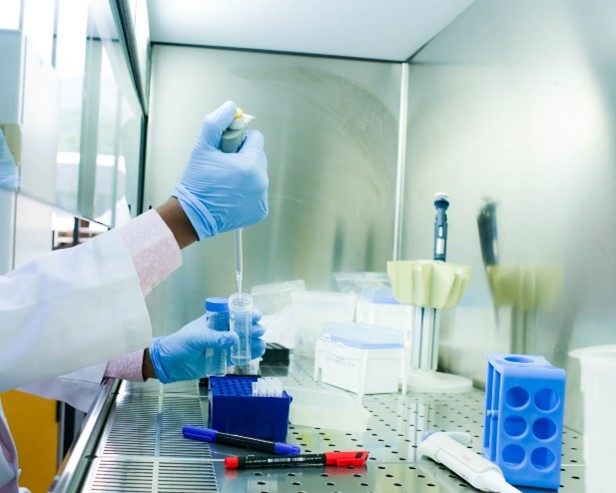
Innovative Biosystems for Self-sufficiency in Molecular Biology Reagents in Africa
Education, research, and innovation in African Universities have a great role and potential to play in achieving the objectives of STISA-2024 and Africa’s socioeconomic transformation….
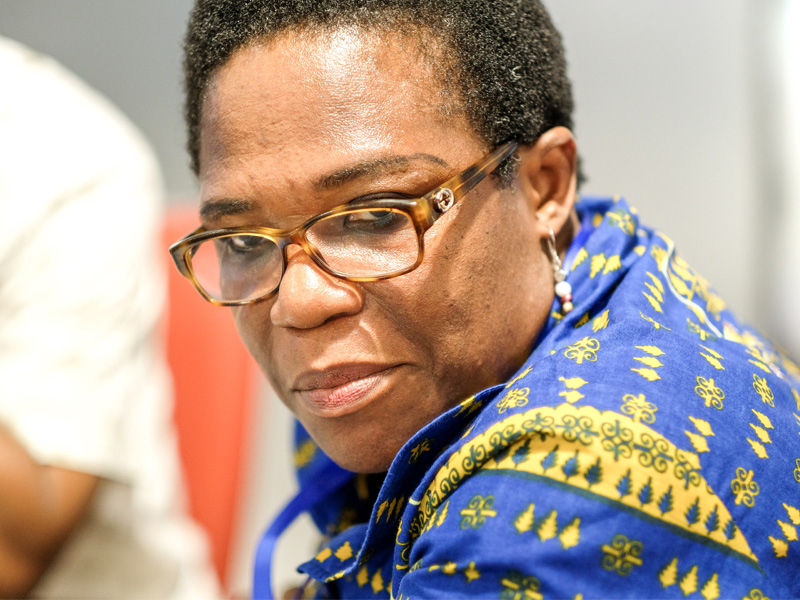
Institutional framework to enhance the Agri-innovation ecosystem within the University of Ghana (IFEA-Eco)
Food security-agribusiness linkage is a phenomenon that has been driven by the natural tendency for eating what one does not grow. Food is needed by…

Large-Scale Manufacturing of Personal Protective Equipment for the Medical Industry in Nigeria and Sub-Saharan Africa via 3D Printing
Preamble COVID-19 is a communicable respiratory disease caused by a new strain of coronavirus that has exponential cases in most countries around the world since…
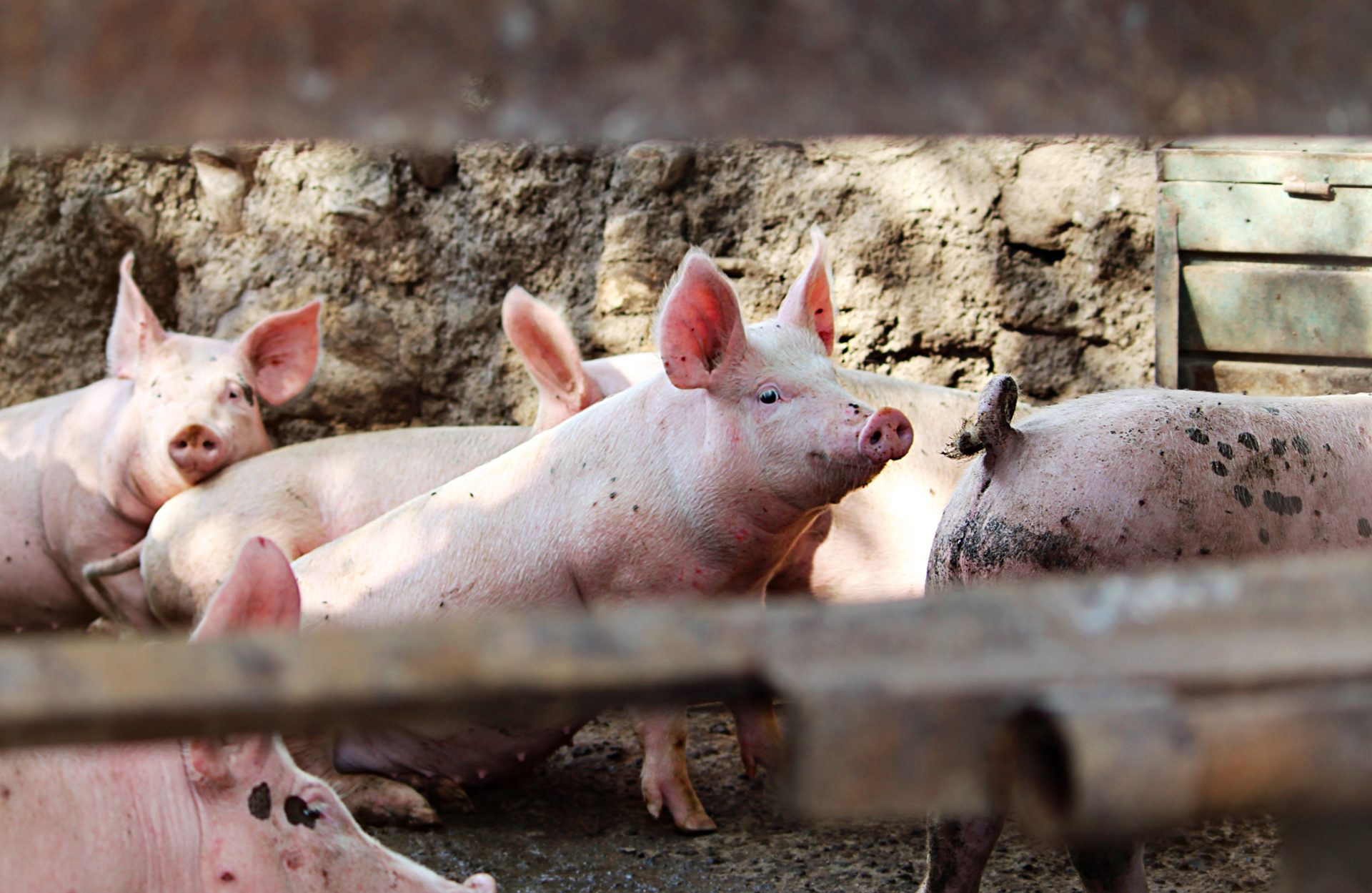
Leveraging pathogen genomics for an improved domestic pig health and production by mapping African swine fever virus transmission dynamics at the wildlife-livestock interface in Tanzania
Preamble Climate change, change in land use and agricultural practices have increased the interactions between wildlife, livestock and humans, increasing the risk of pathogens transmission…
Rsif Results
Rsif aims to strengthen the institutional capacity for quality and sustainable doctoral training, research and innovation in transformative technologies in sub-Saharan Africa. The infographic below shows the status of progress against key targets.
 278290% of total
278290% of totalPhD Scholars enrolled
 104347% of total
104347% of totalFemale PhD Scholars enrolled
 901751% of total
901751% of totalStudents & staff trained in cross-cutting courses
 187534% of total
187534% of totalResearch papers published
Impact Map
In the first diagram below you can explore the number of current students by cohort and by nationality.
Point on the colored countries on the map to get information about the African Host Universities and number of current students registered for PhD there. Use the filter options to get more detailed info by country, by thematic priority area or by African Host University.
In the last diagram you see the distribution of current students registered by African host university.

